Meet our advisory team.
We are fortunate to be served by a dedicated and compassionate group of experts who devote their time and expertise to improving lives in the Glut1 Deficiency community and helping the G1DF further its mission.

Medical and Scientific Advisory Team

L. Felipe Barros, MD, PhD
Centro de Estudios Científicos – CECs Valdivia Chile [email protected]Felipe (MD, 1988; PhD, 1993, University of Chile) has been mystified by Glut1 for a while. His PhD thesis with David Yudilevich was a study of Glut1 in the placenta, followed by a postdoc in Leeds with Steve Baldwin, working on Glut1 & Glut4 regulation. In 2000 he joined the Center for Scientific Studies, a private research institute located on the left bank of the Valdivia river in Patagonia.
Most transporters and enzymes involved in brain energy metabolism are known at the molecular level, but few of them have been characterized functionally. Virtually nothing is known about their acute regulation in situ, and that includes Glut1. Equipped with genetically-encoded sensors and time-lapse fluorescence microscopy, Barros and colleagues are trying to narrow the gap.
Ongoing collaborations are with Bruno Weber (University of Zurich; Mouse), Jimena Sierralta (University of Chile; Drosophila) and Alex Gourine (University College London; pH).

Mackenzie Cervenka, MD
Johns Hopkins [email protected]Johns Hopkins Hospital
600 North Wolfe Street
Baltimore, Maryland 21287
Tel: 443-287-0423
Dr. Cervenka is an Associate Professor of Neurology at Johns Hopkins University School of Medicine. She completed her undergraduate studies at the University of Virginia and received her medical degree from the University of Virginia School of Medicine. She then completed her internship in internal medicine and residency in neurology at the University of Maryland Medical Center. Dr. Cervenka completed a 2 year fellowship in epilepsy and clinical neurophysiology at Johns Hopkins and has remained there on faculty in the Epilepsy Division since 2010. She is Medical Director of the Johns Hopkins Adult Epilepsy Diet Center and the Epilepsy Monitoring Unit. The Adult Epilepsy Diet Center is the first of its kind, providing ketogenic diet therapies to adults with intractable epilepsy including Glut1 Deficiency syndrome and smoothly transitioning children from a pediatric to a comprehensive adult diet center. Dr. Cervenka’s research focuses on the efficacy of ketogenic diets in the treatment of adults with epilepsy and refractory status epilepticus.
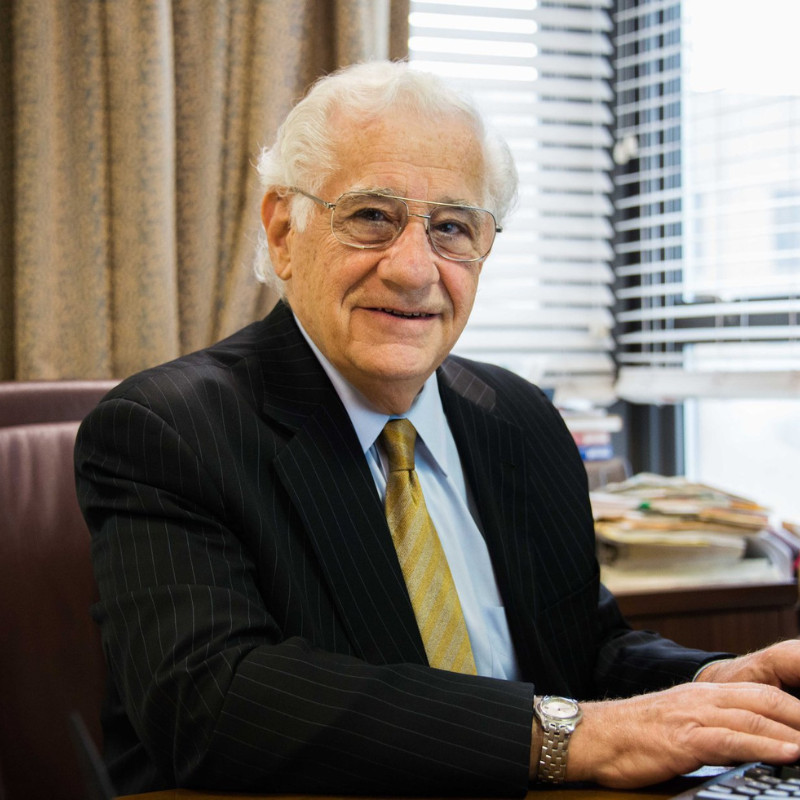
Darryl De Vivo, MD
Columbia University [email protected]Darryl C. De Vivo MD
Founding Director of the Colleen Giblin Research
Laboratories for Pediatric Neurology
The Neurological Institute of New York
Columbia University Irving Medical Center
710 West 168th Street, Suite 201
New York, New York 10032-3784
Tel: 212-305-5244
Dr. De Vivo is the Sidney Carter Professor of Neurology, Professor of Pediatrics, and Director Emeritus (1979-2000) of the Pediatric Neurology Service at Columbia University Medical Center in New York City. Dr. De Vivo received his MD Degree from the University of Virginia Medical School. Residency training in Medicine, Pediatrics, Neurology and Pediatric Neurology followed at Harvard, National Institutes of Health and Washington University. He then joined the Medical School Faculty at Washington University and over the next decade was promoted from Assistant Professor to Professor as he developed his clinical research skills in neurochemistry, metabolic diseases and neuromuscular disorders. He joined the Columbia University Faculty in 1979 as the Sidney Carter Professor of Neurology and Pediatrics and Director of the Pediatric Neurology Service. Currently he continues to fulfill his duties as Founding Director, Colleen Giblin Research Laboratories; Founding Director, Pediatric Neuromuscular Disease Center, Co-Director of the Center for Motor Neuron Biology and Diseases (MNC) and Associate Chairman (Neurology) for Pediatric Neurosciences. Dr. De Vivo was a Director for Neurology and President of the American Board of Psychiatry and Neurology, Secretary of the American Academy of Neurology, and President of the Child Neurology Society. He has published more than 500 original articles and reviews, lectures extensively in the U.S. and abroad, serves on several editorial boards and advisory committees, and is a former associate editor for Rudolph’s Textbook of Pediatrics. He is a current editor of “Neuromuscular Disorders in Infancy, Childhood and Adolescence: A Clinician’s Approach”, recognized as the standard reference in the field. Dr. De Vivo receives funding from the NIH, DOD, SMA Foundation, MDA, Hope for Children Research Foundation, Milestones for Children, Glut1 Deficiency Foundation and the Will Foundation. He serves as the Director for the PNCR Clinical Trials Network for SMA and he oversees several other sponsored clinical trials involving rare diseases such as MELAS, spinal muscular atrophy, muscular dystrophy and Glut1 Deficiency.
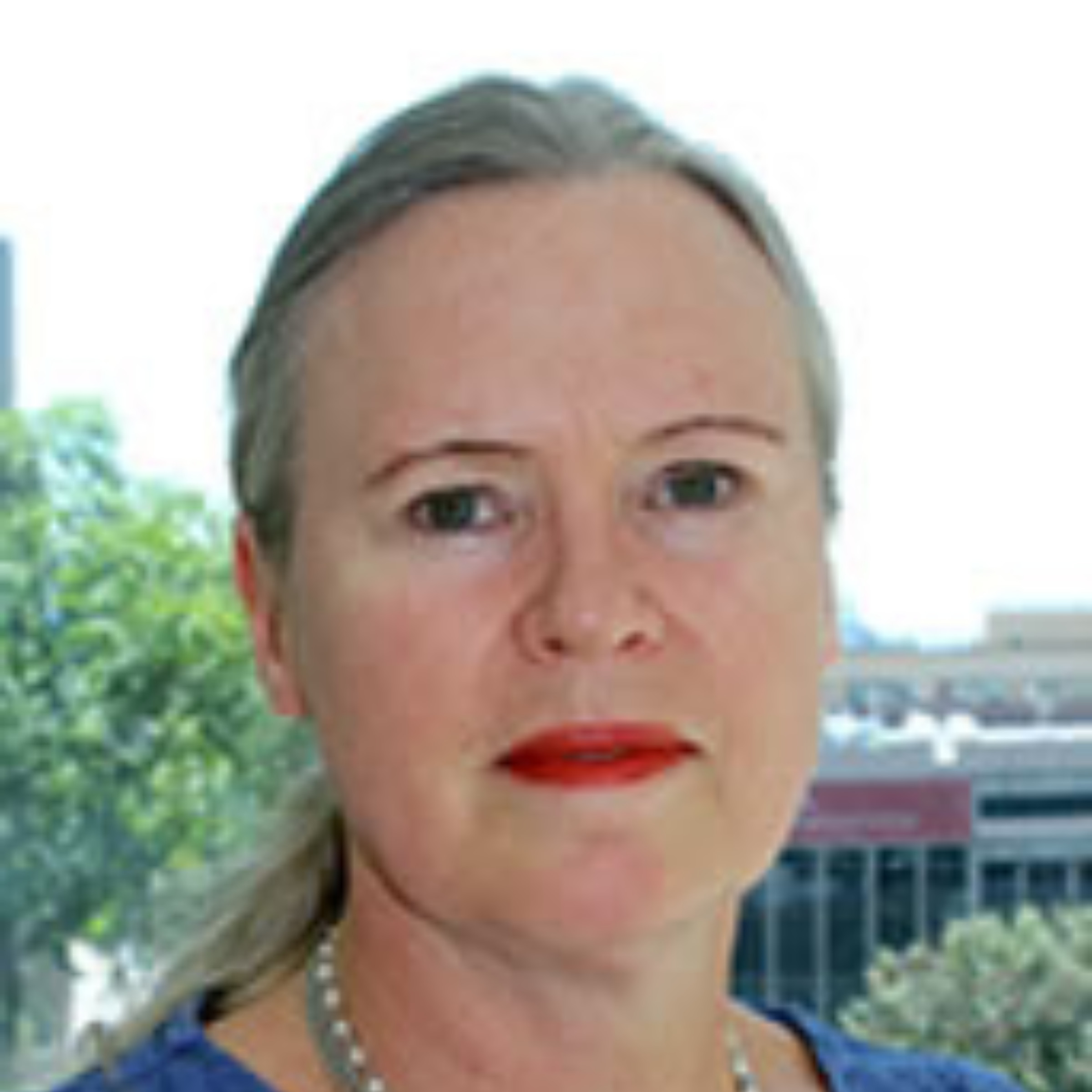
Kristin Engelstad, MS, CGC
Columbia University [email protected]Kristin Engelstad MS, CGC
Genetic Counselor and Clinical Coordinator
Department of Neurology
Columbia University Irving Medical Center
NI 2nd Floor
710 W. 168th St
New York City, NY 10032
Tel: 212-305-6834
Kris is a board certified genetic counselor at Columbia University. She has a long history of involvement with natural history studies and clinical trials for patients with Glut1 Deficiency Syndrome. She is also involved with various clinical studies in mitochondrial disorders. In addition, Kris provides genetic counseling services for the Columbia University Neuromuscular Clinic and for various clinical trials.

Kelly Faltersack, MS, RD, LDN, CD
UW Madison [email protected]Kelly Faltersack is a registered dietitian nutritionist at UW Health in Madison, Wisconsin. Kelly has over 10 years of experience as a registered dietitian nutritionist. She has five years of experience in neuro intensive care and has specialized in ketogenic diet therapy for adults with epilepsy and other neurological conditions since 2016. Kelly has co-authored publications on ketogenic diet therapy, and has presented to a variety of groups, including the American Epilepsy Society, Epilepsy Foundation of Wisconsin, Glut1 Deficiency Foundation, and the Wisconsin Academy of Nutrition and Dietetics.

Elizabeth Felton, MD, PhD
University of Wisconsin-Madison [email protected]Elizabeth Felton, MD, PhD is an Assistant Professor of Neurology and Biomedical Engineering at the University of Wisconsin School of Medicine and Public Health. She specializes in epilepsy and her clinical interests include ketogenic therapy for adults, special issues affecting women, neurostimulation and pediatric to adult transitions. She is the UW Health Ketogenic Diet Program Director and Women’s Epilepsy Clinic Co-Director. She established the UW Health Adult Neurology Ketogenic Diet Therapy Clinic and developed a parallel clinical research program.
Dr. Felton is a graduate of the American Academy of Neurology Diversity Leadership Program and is the UW-Madison Department of Neurology Diversity, Equity and Inclusion Officer. She is involved in several DEI efforts locally as well as nationally with her professional societies. She is passionate about reducing neurology health disparities, educating about implicit bias, and improving diversity and representation in the sciences. She is involved in outreach efforts and mentoring to learners at every level ranging from elementary school to junior faculty.

Matthew Gentry, PhD
University of Florida [email protected]Matthew S. Gentry, Ph.D. is Chair of Biochemistry and Molecular Biology in the College of Medicine at University of Florida. He is a prominent brain metabolism scientist who has made seminal discoveries in the realm of brain glycogen and glucose metabolism and how perturbations in these pathways impact neuro-centric diseases.
Matt has nearly 20 years of experience working on glycogen storage diseases (GSD). He did research on cell signaling and cell division at Syracuse University for his Ph.D in Molecular Biology (2003) and then worked on the GSD and childhood dementia called Lafora disease as a postdoctoral scholar in the laboratory of Jack Dixon at UC-San Diego where he defined the biochemical properties of the genes mutated in the disease.
Building on this foundational biochemistry, he has been continuously funded by NIH since 2007 via a K99/R00, multiple R01 grants, and a recent R35 that focuses on Brain Glycogen – Metabolism, Mechanisms, and Therapeutic Potential. He has also been continuously funded by NSF since receiving a NSF CAREER award in 2013 to study the enzymology of metabolic enzymes. His lab now works on a number of GSDs and the role of glycogen in cancer, focusing on defining disease mechanisms, pre-clinical drugs and clinical biomarkers.
Matt was awarded the 2014 NIH IDeA Thomas Maciag Award and the 2018 NINDS Landis Award. He serves on multiple NIH, NSF, and foundation study sections. He is a Journal of Biological Chemistry Editorial Board member and a Council Member for the American Society of Biochemistry and Molecular Biology. He is also a science advisor for the Lafora disease patient advocacy group, Glut1 Deficiency Foundation, and Adult Polyglucosan Body Disease Research Foundation in addition to several for-profit companies.
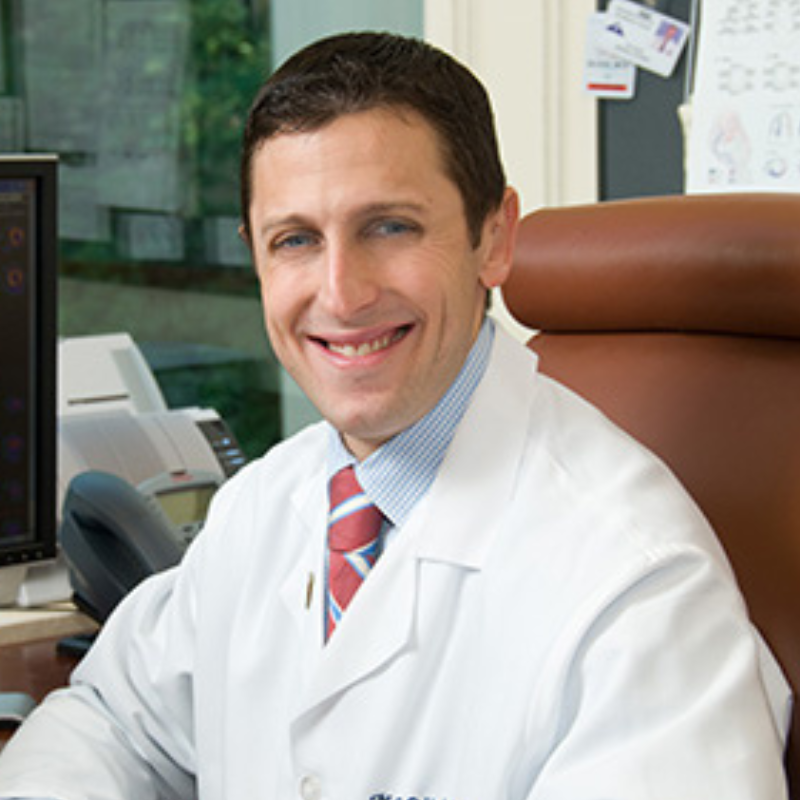

Prof. Dr. Jörg Klepper
Children's Hospital Aschaffenburg [email protected]Prof. Dr. Jörg Klepper
Children’s Hospital Aschaffenburg
Klinik für Kinder und Jugendmedizin
Am Hasenkopf; D-63739
Aschaffenburg, Germany
Tel: 49-6021-32-3601
Dr. Klepper is the Medical Director of Aschaffenburg Children’s Hospital in Aschaffenburg, Germany. Dr. Klepper’s clinical interests include disorders of brain energy metabolism such as Glut1 Deficiency and pyruvate dehydrogenase. His research interests include the mechanisms and adverse effects of the ketogenic diet on these disorders and establishing international protocols for the use of the ketogenic diet for epilepsy and metabolic disorders. Dr. Klepper earned his medical degree at Frankfurt/M and Würzburg University and completed his pediatric training at Würzburg and Essen University in Germany. He then completed his fellowship at Columbia University in New York City. In addition to his role at Aschaffenburg Children’s Hospital, Dr. Klepper serves as a consultant for pediatric neurology at Essen University and a lecturer on pediatrics at Essen University and Würzburg University. He is a board member of the Neuropaedriatric Society and a member of the German Paediatric Society.

Eric Kossoff, MD
Johns Hopkins [email protected]Eric H. W. Kossoff MD
Associate Professor, Neurology and Pediatrics
Medical Director, Johns Hopkins Ketogenic Diet Center
Suite 2158 – 200 North Wolfe Street
Johns Hopkins Hospital
Baltimore, Maryland 21287
Tel: 410-955-4259
Dr. Kossoff is a Professor of Neurology and Pediatrics at Johns Hopkins University in Baltimore, Maryland. He received his medical degree from SUNY at Buffalo School of Medicine in New York, followed by a residency in pediatrics at Eastern Virginia Medical School in Norfolk, Virginia. He completed a fellowship in child neurology and then pediatric epilepsy at Johns Hopkins Hospital in Baltimore. He has been at Johns Hopkins for over 20 years, since 1998. His research and clinical practice focuses on the diagnosis and treatment of childhood seizures and epilepsy, particularly treatments other than medications such as diet, neurostimulation and surgery. Currently the Medical Director of the Pediatric Ketogenic Diet Center at Johns Hopkins, Dr. Kossoff is one of the world experts on ketogenic dietary therapy for neurologic disorders and developed the Modified Atkins Diet for children and adults in 2003. He is dedicated to bringing the use of diet therapies for neurologic disorders to the entire world and was recently the leader of a Task Force within the International League Against Epilepsy to help achieve this goal. He is a coauthor of The Ketogenic and Modified Atkins Diets: Treatments for Epilepsy and Other Disorders, now in its 6th edition, and helped organize both the 2008 and 2018 expert consensus guidelines on ketogenic diet management. Dr. Kossoff is also very involved in teaching and mentorship, and is the Director of the Child Neurology Residency Program at Johns Hopkins.

Umrao Monani, PhD
Columbia University [email protected]Umrao R. Monani, PhD
Professor of Neurology (in Pathology & Cell Biology)
Endowed Chair, Pediatric Neurological Sciences
Center for Motor Neuron Biology & Disease
Columbia University Irving Medical Center
New York, New York 10032
Tel: 212.342.5132
Dr. Umrao Monani is Professor of Neurology (in Pathology & Cell Biology) at the Columbia University Medical Center and a founding member of the Center for Motor Neuron Biology & Disease there. He received his PhD at the Ohio State University and has spent many years engaged in the study of the neuromuscular disorder, spinal muscular atrophy (SMA). He was amongst the first to develop viable SMA model mice and his work has informed SMN repletion treatments for the human disease. More recently, Dr. Monani has turned his attention to Glut1 deficiency syndrome (Glut1 DS) and shown, withDarryl De Vivo, that gene replacement strategies are highly effective in treating a mouse model of the human disease. Currently, Dr. Monani’s lab is engaged in exploring the feasibility of translating the
pre-clinical findings on Glut1 DS into a viable treatment for the human condition.
Dr. Monani has received several awards including the American Academy of Neurology Young Investigator Award, the Sanofi Innovator Award and the Pediatric Neurology Professorship at Columbia University. His lab is dedicated to the study of rare pediatric neurological diseases with a view to eventually treating them.
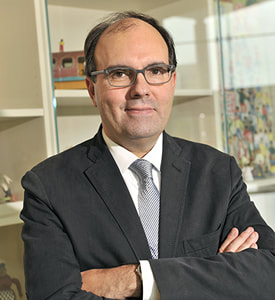
Juan Pascual, MD, PhD
Weill Cornell Medicine [email protected]Chief, Division of Child Neurology
Professor of Pediatrics, Neurology and Neuroscience
Weill Cornell Medicine | NewYork-Presbyterian Hospital
525 East 68th Street. Box 91
New York, NY 10065
Dr. Juan Pascual is chief of the Division of Child Neurology in the Department of Pediatrics at NewYork-Presbyterian Komansky Children’s Hospital and Weill Cornell Medicine, effective March 1.
Dr. Pascual oversees the child and neonatal neurology divisions with a focus on increasing access to high-quality care, expanding scientific research, and recruiting and developing faculty, clinicians and researchers. Dr. Pascual was recruited to Weill Cornell Medicine as a professor of pediatrics, of neurology and of neuroscience in the Feil Family Brain and Mind Research Institute and an affiliate faculty member in the Sage School of Philosophy in the College of Arts and Sciences on Cornell’s Ithaca campus. He will also grow the rare brain disorders program for patients with undiagnosed, complex or severe neurological diseases.
Dr. Pascual joins NewYork-Presbyterian Komansky Children’s Hospital and Weill Cornell Medicine from UT Southwestern Medical Center in Dallas, Texas, where he directed the rare brain disorders program. As one of the few actively practicing pediatric neurologists in the nation who is also a laboratory scientist, Dr. Pascual specializes in genetic and metabolic diseases of the nervous and neuromuscular systems in infants, children and adults, with an emphasis on complex disorders. He has also authored numerous peer-reviewed articles, abstracts and textbooks.
Dr. Pascual earned his medical degree with unique distinction from Universidad de Granada, Spain, followed by a doctorate in molecular physiology and biophysics at Baylor College of Medicine. He completed his residency in pediatrics at St. Louis Children’s Hospital and Washington University School of Medicine and in neurology and pediatric neurology at NewYork-Presbyterian/Columbia University Irving Medical Center.
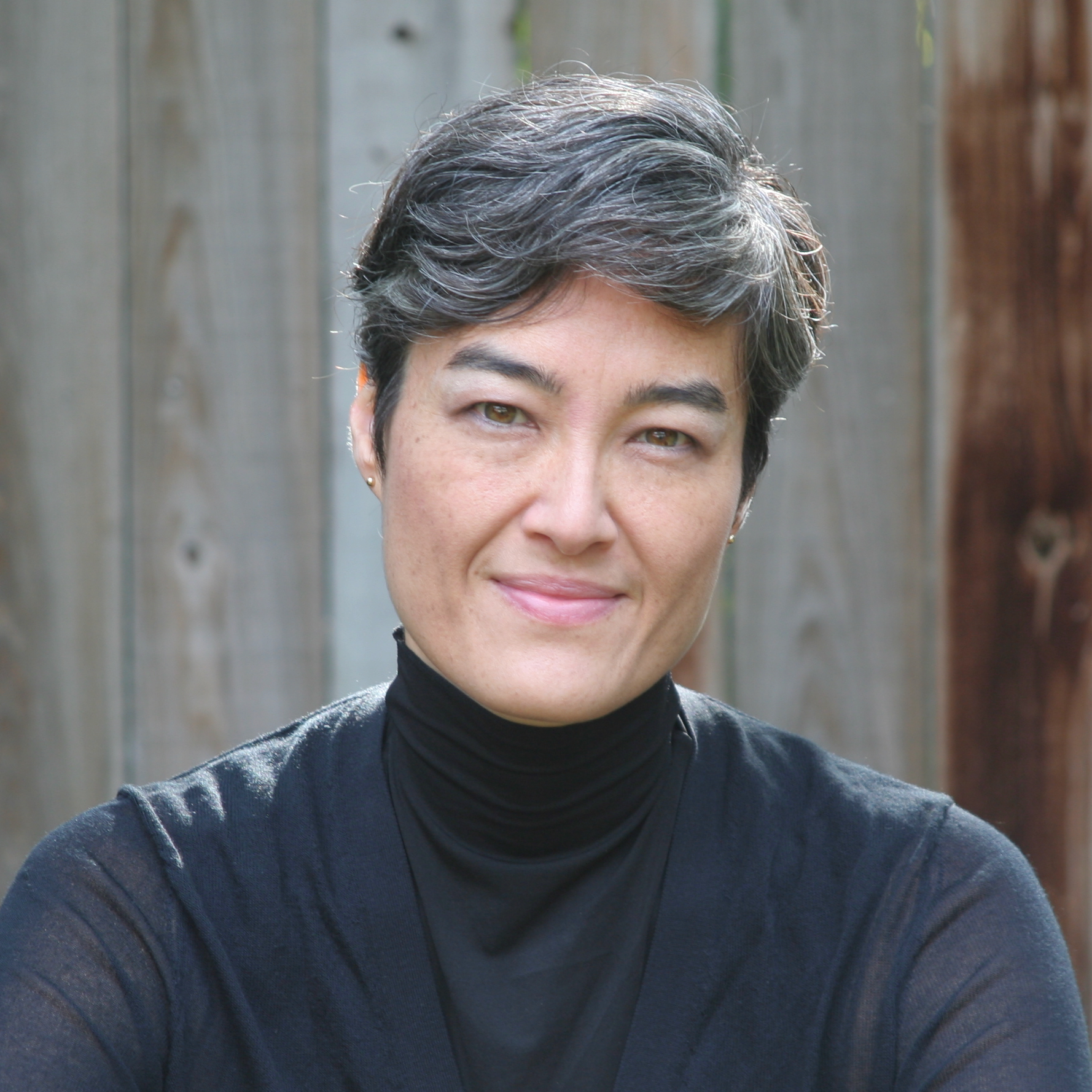
Toni Pearson, MBBS, MD
Nationwide Children's Hospital [email protected]Toni Pearson MBBS, MD
Professor of Pediatrics
Ohio State University
Pediatric Neurology
700 Children’s Dr
Columbus, OH 43205
Tel: (614) 722-4625
Toni Pearson, MBBS, is an attending pediatric neurologist at Nationwide Children’s Hospital and professor of Pediatrics at The Ohio State University College of Medicine. Originally from Australia, she earned an undergraduate degree in music and her medical degree from the University of Adelaide. She then completed her residency training in pediatrics at the Children’s Hospital of Westmead (University of Sydney) and Montreal Children’s Hospital (McGill University), before moving to New York to undertake child neurology residency and a movement disorders fellowship at Columbia University.
Dr. Pearson is a specialist in childhood movement disorders and evaluates patients with dystonia, chorea, parkinsonism, ataxia, myoclonus, tremor, tics and spasticity. She also works in collaboration with the Comprehensive Cerebral Palsy Program at Nationwide Children’s. Her clinical research interests focus on the characterization and treatment of rare neurogenetic conditions, including work on an NIH-funded clinical trial investigating gene therapy for the neurotransmitter disorder aromatic L-amino acid decarboxylase (AADC) deficiency.
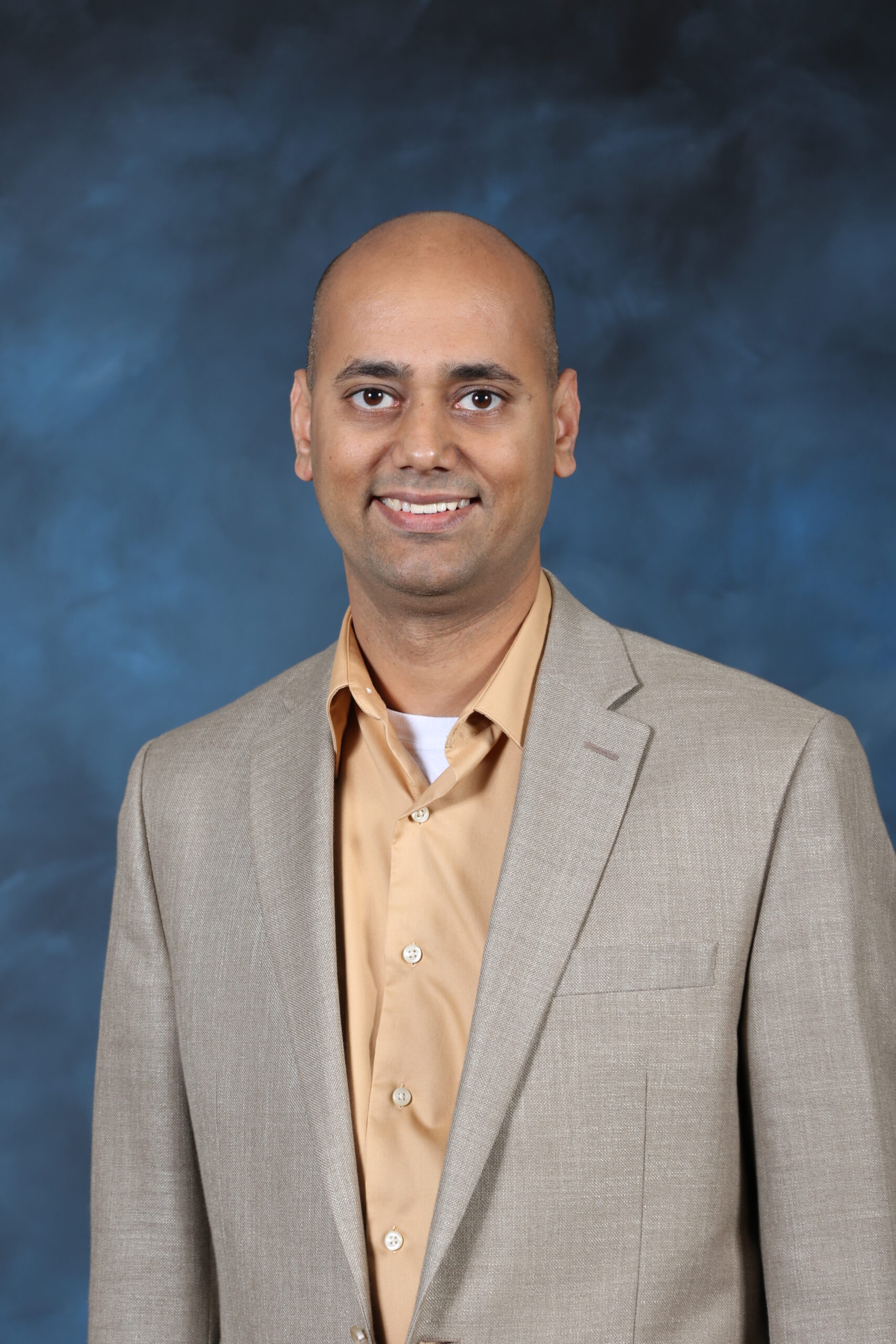


Jong Rho, MD
University of California - San Diego [email protected]Dr. Rho is the division chief of neurology at Rady Children’s Hospital-San Diego and a professor of neurosciences and pediatrics at UC San Diego School of Medicine.
His clinical expertise is in general pediatric neurology and pediatric epilepsy, with an emphasis on pharmacological therapies and metabolic approaches toward epilepsy treatment, such as the ketogenic diet. His main research interests for patients, including at Rady Children’s Hospital-San Diego, are the mechanisms underlying the anti-seizure and neuroprotective effects of the ketogenic diet and its clinical variants. Dr. Rho’s research activities involving patient care and treating neurological conditions have been funded by grants from the National Institutes of Health, Canadian Institutes of Health Research, Brain Canada and a variety of intramural and extramural public and private sector sources.
Prior to his current position proving patient care as chief of pediatric neurology at Rady Children’s Hospital-San Diego, Dr. Rho held full-time academic faculty appointments at the University of Washington (Seattle) and Seattle Children’s Hospital; the University of California at Irvine; the University of Arizona and Arizona State University (Barrow Neurological Institute in Phoenix); and most recently, the Alberta Children’s Hospital and the University of Calgary (Alberta, Canada).
Dr. Rho completed residency training in pediatrics at Children’s Hospital Los Angeles (affiliated with the University of Southern California), followed by adult neurology and pediatric neurology residency/fellowship training at the University of California Los Angeles Medical Center (David Geffen School of Medicine at UCLA). He also completed a research fellowship in neuropharmacology at the National Institutes of Health. Dr. Rho received his undergraduate degree in molecular biophysics and biochemistry from Yale University and his medical degree from the University of Cincinnati.


Prof. Dr. Michél Willemsen
Radboud University [email protected]Prof. Dr. Michèl Willemsen
Radboud University Medical Center
Amalia Children’s Hospital
Expert Centre for Genetic Movement Disorders
Department of Pediatric Neurology
PO Box 9101 6500 HB
Nijmegen, The Netherlands
Dr. Willemsen completed medical school and his residencies in pediatrics, pediatric neurology, and adult neurology at Radboud University Medical Center in Nijmegen, The Netherlands. He has been a professor of Pediatric Neurology at Radboud since 2012 where he also serves as the head of the Pediatric Neurology Department and the head of Radboud UMC Expert Centre for Genetic Movement Disorders. His fields of clinical and research interest include pediatric movement disorders, neurometabolic and neurodegenerative disorders, especially Sjögren-Larsson syndrome, Ataxia Telangiectasia, Glut1 Deficiency Syndrome, and neurotransmitter biosynthesis defects. Academic teaching contributions include international courses and research focused on the same disorders, leading to numerous publications. Dr. Willemsen is a member of the board of the Dutch Society of Pediatric Neurology, the European Pediatric Neurology Society, and the International Child Neurology Congress. He is a member of many other international organizations on pediatrics, neurology and inborn errors of metabolism; local and national committees on health issues linked to pediatrics and pediatric neurology; and scientific boards of international congresses. He is a member of the editorial boards of the European Journal of Pediatric Neurology, Neuropediatrics, and Developmental Medicine and Child Neurology.

Beth Zupec-Kania, RDN, CD
The Charlie Foundation [email protected]Beth Zupec-Kania RDN, CD
Ketogenic Therapies, LLC
Consultant to The Charlie Foundation for Ketogenic Therapies
www.bethzupeckania.com
Beth is a world-renowned ketogenic expert, clinician, and speaker. She is a registered and certified dietitian and nutritionist. For over 25 years, she has coached medical professionals, patients and families through safe and effective use of nutritional ketosis for neurological disorders, certain cancers and other metabolic based conditions that require careful formulation and laboratory surveillance. Alongside her private practice, she is the primary consultant for the Charlie Foundation. Her work is about health and hope.
